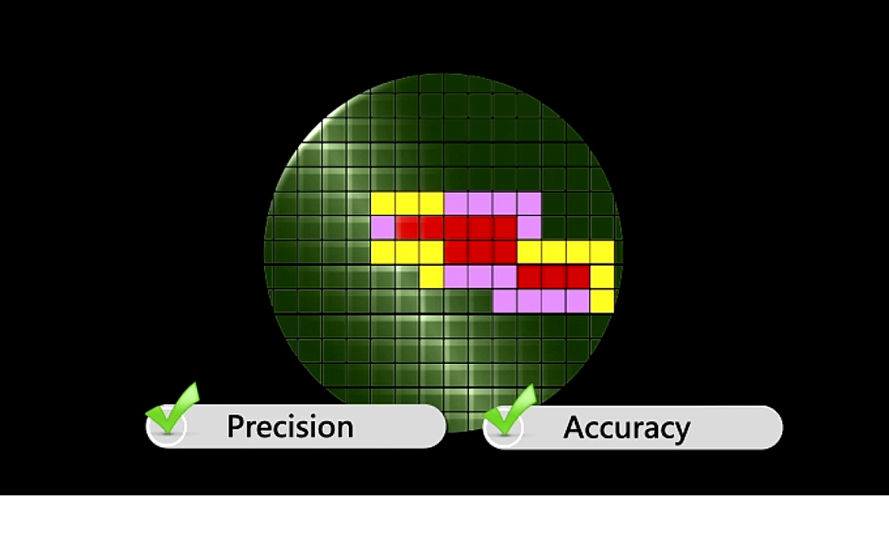


In addition to general product testing, TPW also introduces analysis methods such as PAT (Part Average Testing) to allow customers to eliminate abnormal parts from total parts during the testing phase to improve the quality and reliability of the automotive parts at the part supplier stage.
Any particle of fine dust will cause damage to car parts; any slight pollutant may endanger the service life of a car and even cause unpredictable disasters when driving the car.
Regarding the production machines for automotive products, TPW used various improvements to isolate pollution and dust from the machines, ensuring that the chips are tested in an ultra-clean environment during the production process.
In addition to the pollution-free environments of the testing machines, to avoid pollution and oxidation of products waiting to enter the production process, TPW set up a large amount of nitrogen cabinet storage space to ensure that customers' essential products can be stored in a stable environment.
If airborne molecular contaminants (AMC) and chemical molecules exceed specified concentrations in the test environments, products will experience unexpected damage that cannot be detected in general testing. In order to avoid the occurrence of such defects, TPW regularly conducts cleanroom gaseous molecular pollutants detection. We also monitor the release of chemical molecules by the materials of special machines to ensure the quality and safety of production environments.
Zero defects are the quality goal of TPW, so we guarantee that no defective products will fall customers' hands during the production process. Through the 100% Automatic Visual Inspection (AVI) in the wafer test phase and 100% Lead Scan (LS) inspection in the final test phase done on products before shipping, the products delivered to customers can achieve our zero-defect quality goal.

.